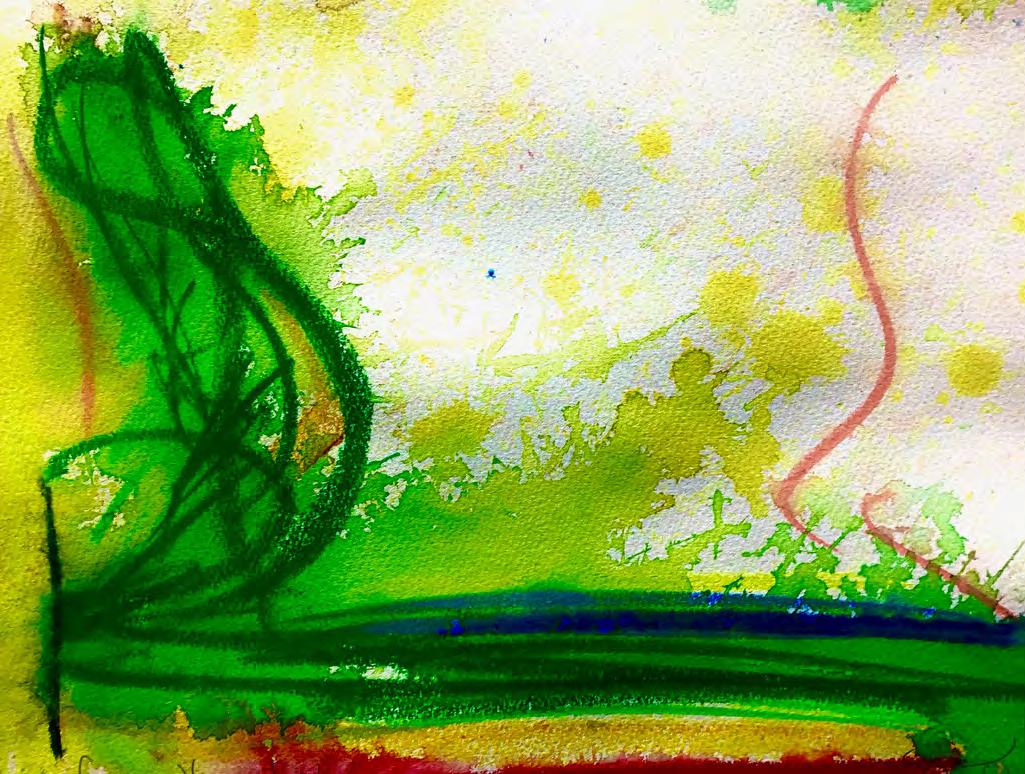How Did Exile and Isolation Affect Dante’s ‘Divine Comedy’? Maximilian Woodford (SU Hu) Nel mezzo del cammin di nostra vita Mi ritrovai per una selva oscura, Ché la diritta via era smarrita. (Midway upon the journey of our life I found myself within a forest dark, For the straightforward pathway had been lost.) Even in the first tercet of Dante’s Commedia there is a clear sense of being lost. This reflects Dante’s own experience of exile from his home city and the isolation that followed. Dante Alighieri (1265–1321) was a Florentine author, poet and philosopher. He is most famous for writing the Divine Comedy which is often considered the greatest piece of Italian literature. Dante is widely credited for the unification of many Italian dialects, which form the basis of modern Italian; he is often put in the same bracket as writers such as Shakespeare and Virgil. Born to a middle-class family, Dante is believed to have been educated rigorously by his guardian, Brunetto Latini, following the death of his father. He learned to read and write Latin and Italian (a far more distinguishing feat than it would be today) and began writing poetry in his teenage years. His early poems, although not as long as The Divine Comedy, were held in high regard by many academics in Florence. His most famous other work is called La Vita Nuova (The New Life) – this was written solely about his feelings for Beatrice, a prominent character in the Divine Comedy. She is his prize when he reaches ‘Paradise’. During Dante’s life, two main factions dominated Florence - the Guelphs and the Ghibellines. The Guelphs supported the papacy, and the Ghibellines supported the Holy Roman Emperor; Dante was a Guelph. However, he was a white Guelph (as opposed to a black Guelph): his group were seen to be unfaithful to the papacy and therefore many of their important figures were exiled from Florence. Dante had been travelling for about six months to Rome, and discovered upon his return in March of 1302 that he was not allowed back into Florence. He spent the following 15 years travelling Italy alone, and his wife and children lived in Rome. He eventually settled in Ravenna, an important coastal town in the east of Italy. The 15 years Dante spent in exile, isolated, were fundamental to the creation of the Divine Comedy. One way in which this affected the poem is through the feeling of being lost, and wandering without purpose. His personal experience is reflected by the journey through the afterlife, and it doubtless helped him to convey the harshness of a journey without a known direction or end point. The feeling of discovery is also a prominent feature in both the poem and his real life. Both are physical and mental journeys. Dante’s exile allowed him to seamlessly present emotions of a man who is quite literally being guided through Hell, Purgatory and Heaven. The epic format of the poem, and his voyage through the afterlife mean that inevitably comparisons are often drawn between Dante and Virgil. Virgil leads Dante through Hell and teaches him about the nature and complex system of justice there (he cannot enter Heaven as he was born before Christ). The way in which Dante, the poet, characterises Virgil suggests that he is the best a person can be without Christ. Virgil’s most famous work is the Aeneid. The main character in this is Aeneas, who was exiled from Troy. Dante, who is the protagonist of his own work is able to compare himself with Aeneas more credibly through his exile. It is thought that the exile of Aeneas is what brought about Dante’s choice of Virgil as his guide. Somehow Dante believes that his exile can make his own story more tragic and therefore heroic, like that of a Greek hero. Dante’s exile gives him a wider perspective of mankind in general. He is able to meet a broader range of characters during his exile, rather than just the people of his class in Florence. This meant that he had more inspiration for the types of individuals who went to Hell, Purgatory and Heaven. Without Dante’s exile it is possible that his writing and characterisation would be shallower, because he would have had no idea what an Italian peasant was really like. This again meant that his writing was more credible and unbiased. 88
In Time of Lockdown: Reflections on Locks, Lockdown, Isolation

Turn static files into dynamic content formats.
Create a flipbookArticles inside
Issuu converts static files into: digital portfolios, online yearbooks, online catalogs, digital photo albums and more. Sign up and create your flipbook.





































